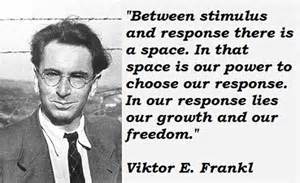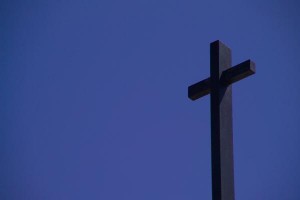Because of forest fires, my husband and I had to detour from the state highway on our recent trip to eastern Washington. Several fires dot the state, including the largest fire in the state’s history, the Carlton Complex. Authorities estimate that this fire had scorched about 392 square miles as of July 29. One person died of a heart attack and over 200 homes burned. Costs for all the state fire fighting efforts this year so far are estimated at over fifty billion dollars, money lost to other programs. Washington, like other states, struggles to adequately fund schools, mental health facilities, and highways.
We did not hike as much as we planned during our stay on the eastern side of the Cascades. Temperatures were over 100 several days, and the unremitting sun spoke of rainless day after rainless day. Because of warmer temperatures, snow packs and glaciers are dwindling. This means less water for people, for the orchards that spread through the river valleys, and for livestock. It can affect fish migration, including that of the salmon, a healthy part of our Pacific Northwest diet.
We could smell the fires and see the smoke at various times. The risk for unhealthy air increases. The warmer temperatures encourage pests, like the pine bark beetle, which has savaged tracts of prime timber.
The water off our Pacific coast is becoming more acidic, decreasing our harvest of shellfish. The acidification appears caused by a warming ocean taking on more and more carbon dioxide.
Recently, residents of Toledo, Ohio, were warned not to drink tap water because of a toxic algae growth. Apparently, too much runoff from fertilizer on farm fields and lawns, as well as waste water from treatment plants, is contributing to the buildup. Some farmers are setting aside parts of their land to filter more of the runoff. More taxes will be required to upgrade treatment facilities for waste water.
After our return, we read of a new fire near a lovely mountain pass that we drove through on our homeward trip. God’s magnificent creation is showing the scars of our neglect, if not outright abuse.


 In the midst of school and other closings during the unrest in Ferguson, Missouri, that began in August, the Ferguson Municipal Library has chosen to remain open.
In the midst of school and other closings during the unrest in Ferguson, Missouri, that began in August, the Ferguson Municipal Library has chosen to remain open. When circumstances beyond our control and not of our making place us in bad, even horrible situations, we can remember the lessons of Viktor Frankl. Imprisoned in a German concentration camp, at the mercy of those who hated his race, Frankl continued to develop his inner thoughts and ideas. After release from the camp, Frankl expressed those ideas in a book read by millions, Man’s Search for Meaning.
When circumstances beyond our control and not of our making place us in bad, even horrible situations, we can remember the lessons of Viktor Frankl. Imprisoned in a German concentration camp, at the mercy of those who hated his race, Frankl continued to develop his inner thoughts and ideas. After release from the camp, Frankl expressed those ideas in a book read by millions, Man’s Search for Meaning. Jesus is crucified, his body taken away.
Jesus is crucified, his body taken away.